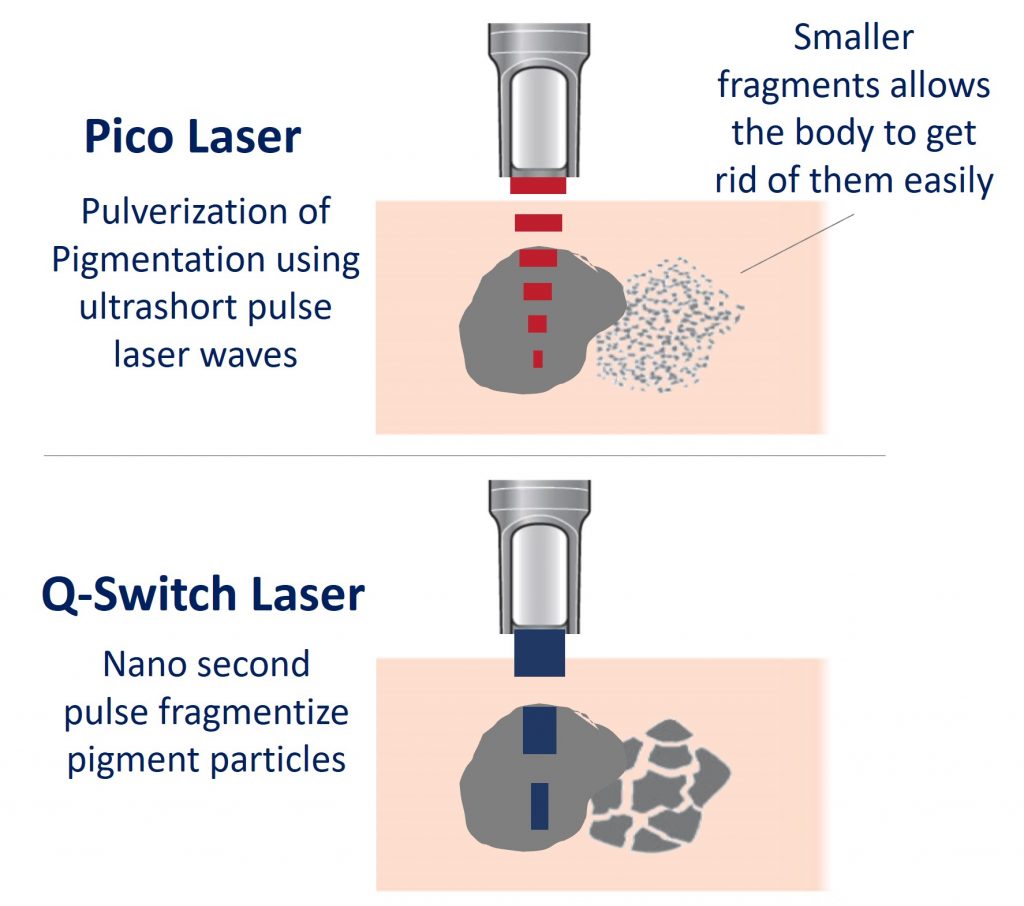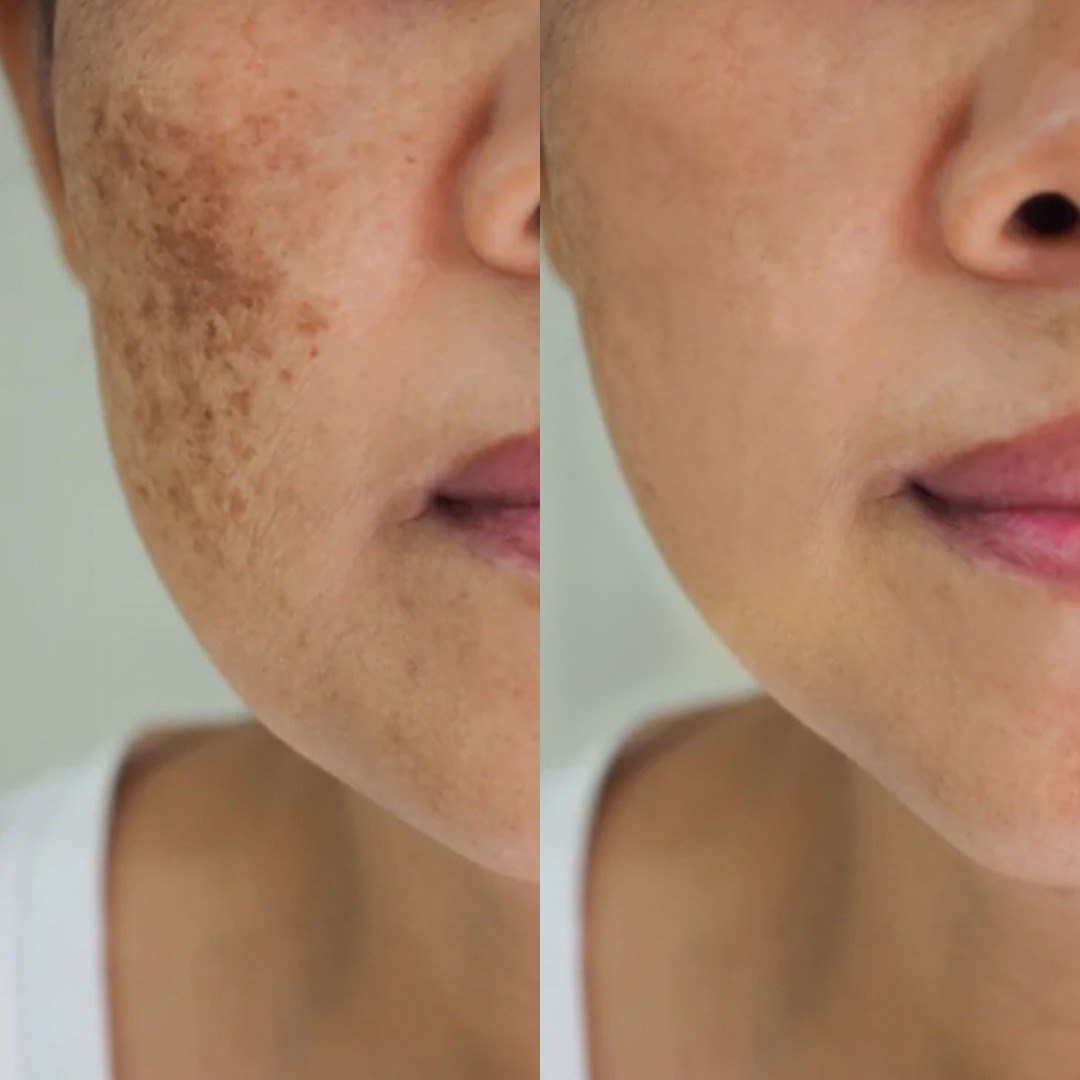Pico Laser vs. Traditional Lasers: What Dermatologists Need to Know
Pico lasers are revolutionizing dermatology with their advancements over traditional laser technologies. With superior precision, faster recovery times, and improved safety profiles, they are becoming the go-to choice for dermatologists worldwide.
Mechanism of Action
Traditional Lasers: Operate with nanosecond pulses, delivering heat to target areas. However, this can lead to unintended thermal damage to surrounding tissues.
Pico Lasers: Deliver energy in picosecond pulses, which are trillionths of a second. This rapid energy release creates a photomechanical effect, breaking down pigment particles effectively while minimizing heat-related damage.
Precision and Efficacy
The ultra-short pulses of Pico lasers allow for precise targeting of pigment particles. This leads to improved fragmentation, faster clearance, and more efficient treatments for conditions like pigmentation, acne scars, and tattoos.
Recovery Time
Pico Lasers: Offer minimal to no downtime, making them ideal for patients with busy lifestyles. This is a significant improvement over traditional lasers, which often require longer recovery periods.
Safety Profile
Pico lasers are safer for all skin types, including darker skin tones, as they minimize the risk of post-inflammatory hyperpigmentation. This precision reduces unintended thermal effects compared to traditional lasers.
Clinical Applications
- Tattoo Removal: Faster and more effective in breaking down ink particles with fewer sessions.
- Pigmentation Disorders: Ideal for melasma, sun spots, and hyperpigmentation issues.
- Acne Scars: Stimulates collagen production, improving skin texture and reducing scars.
Conclusion
Pico lasers represent a significant leap in dermatological technology, offering enhanced precision, reduced recovery times, and safer outcomes. Incorporating this technology into your practice can elevate patient care and satisfaction.
Visual Comparison
For a side-by-side comparison of Pico lasers and traditional lasers, see the image below:


